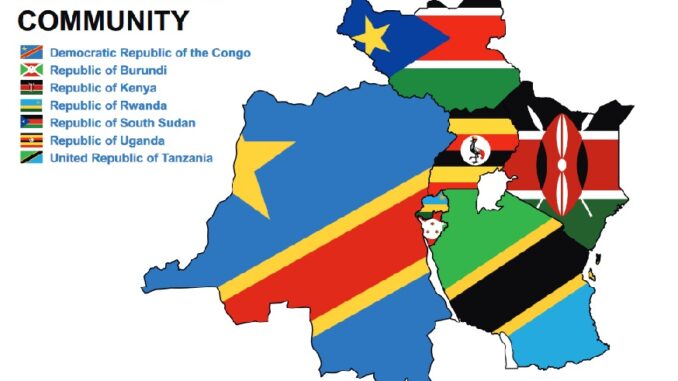
The peace consultations that began on Saturday, April 23, continued on Monday in Nairobi. Representatives of eight armed groups, mainly from South Kivu, have been participating. Others are due to arrive in the Kenyan capital on Monday. On Sunday, the branch of the M23 known as “Makenga” was excluded from the talks.
The second day of work on Sunday, April 24, was devoted to compiling the terms of reference of each armed group. Each of their representatives took the floor to explain the reasons that led them to take up arms.
According to Giscard Kusema, deputy director of Congolese presidential communications and one of the experts participating in the consultations in Nairobi, the reasons given were not political: “These claims are more of an identity and self-defense nature, and all of them say they are ready to advance the process desired by the President of the Republic, Félix Tshisekedi Tshilombo, whom they recognize as their president.
At the end of these discussions, two outcomes are envisaged by the Congolese authorities. The first is diplomatic: “This is about unconditional surrender. They must lay down their arms, and all armed groups, including the M23, must fall in line. If this diplomatic outcome fails, the military option will be triggered: “The military option remains on the ground, and it is an option that will be applied to all armed groups that are resistant.”
The big absentees from these discussions are the representatives of the M23 Makenga. They were present on the first day, but the Congolese delegation demanded and obtained their expulsion from the room after news of renewed fighting between the M23 and the FARDC in Rutshuru on Saturday mid-afternoon.
